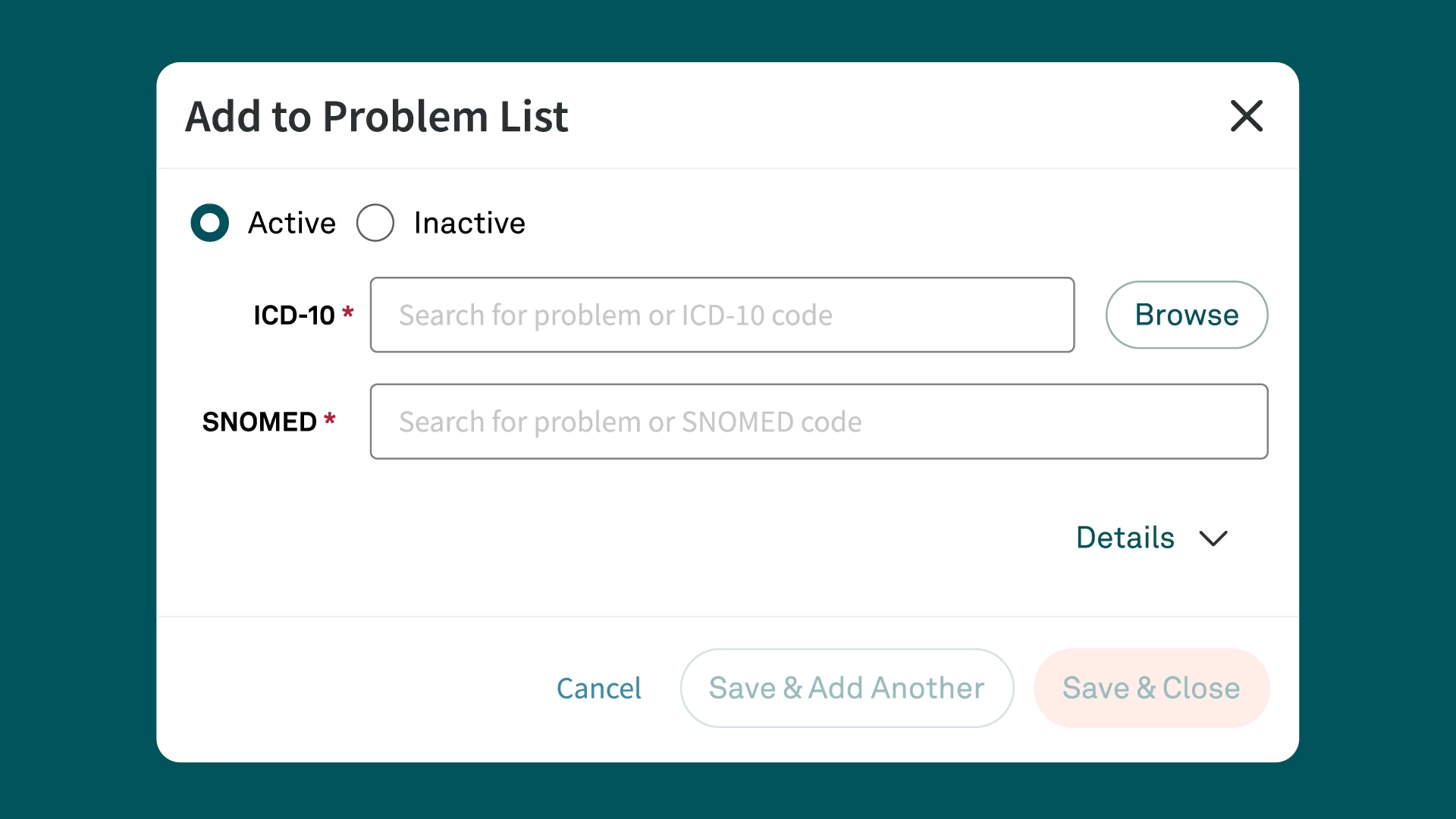ICD-10 Code F32.A
Depression, unspecified
What is the code F32.A?
F32.A is a billable/specific ICD-10-CM code used for "depression, unspecified." It is part of the chapter on mental, behavioral, and neurodevelopmental disorders.
Detailed description of F32.A
This code describes a clinical condition where a patient has depression, and nothing else is specified. This code is used to capture a depressive disorder that is not considered a major episode.
To categorize a patient as having a major depressive disorder, the patient must exhibit symptoms for at least a 2-week period and have 5 or more of the following symptoms:
• Depressed mood most of the day, nearly every day
• Markedly diminished interest in pleasure in all, or almost all, activities nearly every day
• Significant weight loss when not dieting, or weight gain or changes in appetite nearly every day
• Insomnia or hypersomnia nearly every day
• Psychomotor agitation or retardation nearly every day
• Fatigue or loss of energy nearly every day
• Feelings of worthlessness or excessive or inappropriate guilt
• Diminished ability to think or concentrate, or indecisiveness nearly every day
• Recurrent thoughts of death
Symptoms commonly associated with F32.A
- Less severe depressive symptoms than during the full episode
- Occasional feelings of sadness or hopelessness
- Mild issues with sleep, energy, or appetite
Related and similar ICD-10 codes
If the patient has been depressed for 2 weeks or more, consider using the following codes.
- F32.0: Major depressive disorder, single episode, mild
- F32.1: Major depressive disorder, single episode, moderate
- F32.9: Major depressive disorder, single episode, unspecified
Mild: For a mild diagnosis, the patient should have a depressed mood for at least 2 weeks and either a log of interest in pleasurable activities or decreased energy and fatigue.
Moderate: Same symptoms as a mild diagnosis, and a loss of self-esteem, or inappropriate guilt, or recurring thoughts of death or, inability to concentrate or, sleep disturbance or change in appetite.
Appropriate usage of F32.A for billing
F32.A should be used for billing purposes when a patient has been in treatment for a depressive episode that cannot be classified into a more specific category.
Instructional guidelines for providers coding F32.A
Documentation should reflect the history of the depressive episode, and the patient does not have to have a major depressive disorder to justify the use of F32.A.
Common pitfalls in coding with F32.A
- Misclassifying the severity of depression.
- Inadequate documentation of the patient's current symptoms and treatment response.
Key resources for F32.A coding
- CMS ICD-10 Homepage: Provides official resources and guidelines for ICD-10-CM coding.
- WHO ICD-10 Online Browser: Useful for checking the specifics of codes related to long-term medication use.
Conclusion
The ICD-10-CM code F32.A is essential for documenting the partial remission status of a single episode of major depressive disorder, guiding ongoing treatment strategies and ensuring continuity of care.
Simplify ICD-10 code documentation with Tebra
Tebra’s EHR+ gives you quick searches and Systematized Nomenclature of Medicine (SNOMED) field names for efficient code documentation. Plus, Tebra automatically saves ICD-10 to SNOMED mapping for future searches, streamlining your workflow.

Discover how Tebra helps providers effortlessly document health-related issues and conditions in this detailed post.
Similar Codes
Subscribe to The Intake:
A weekly check-up for your independent practice



